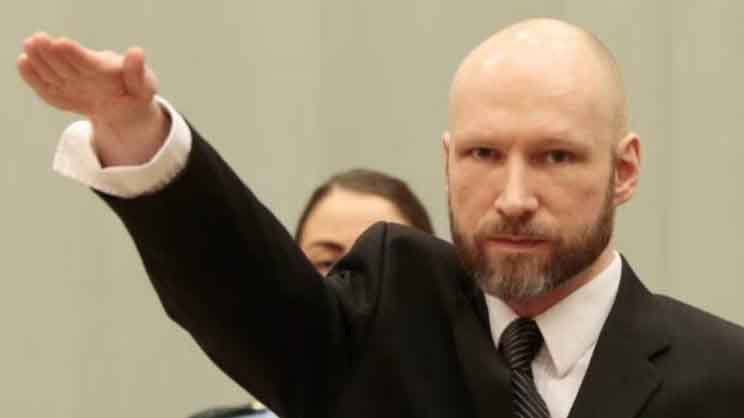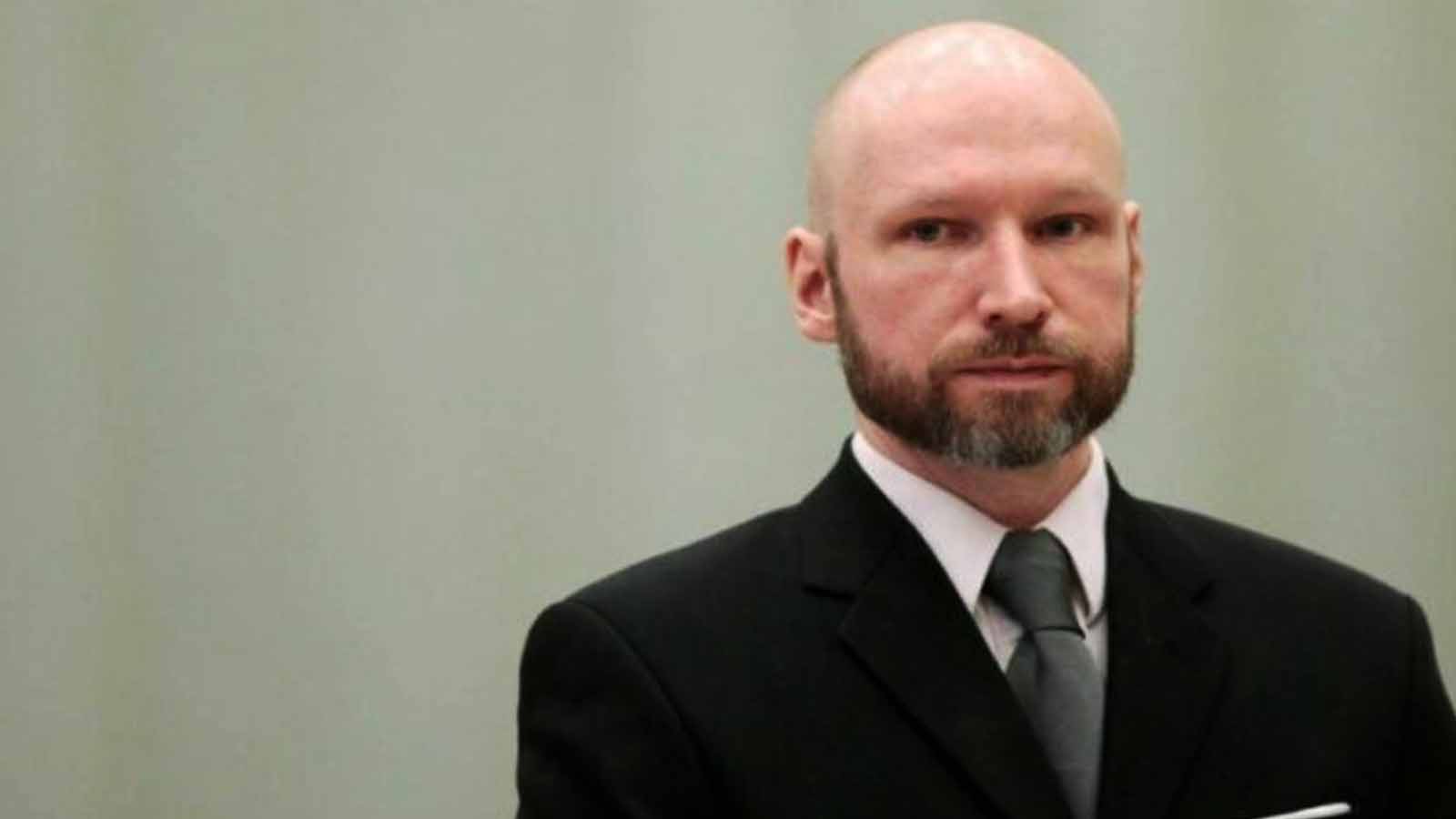Anders Breivik, a figure synonymous with one of Norway’s darkest days, has sparked significant debate and analysis regarding his religious beliefs, ethnic background, and the underlying motivations for his 2011 terror attack. This article delves into the intricacies of Breivik’s identity, examining his proclaimed religions, Norwegian ethnicity, and the cultural and familial influences that shaped his life.
Summary Table
| Aspect | Description |
|---|---|
| Religion | Shifted from Protestant Christianity to Odinism |
| Ethnicity | Norwegian |
| Origin | Born in Oslo, influenced by family background and Europe |
Religion: A Complex Evolution

Initially identifying as a Protestant Christian, Breivik’s religious stance underwent a drastic transformation. His early affiliation with Christianity was marked by significant disagreement with mainstream Protestant and Catholic political stances. However, a dramatic shift occurred in 2016 when Breivik renounced Christianity altogether, adopting beliefs aligned with Nazism and Odinism, as revealed by his lawyer, Øystein Storrvikthis. This evolution highlights a departure from traditional Christian values, veering towards extremist ideologies centered around a deep-seated fear of Muslims and Marxists.
Ethnicity and Origin: A Norwegian Perspective
Born in Oslo on February 13, 1979, Breivik’s family history is a tapestry of complexity. His father, Jens David Breivik, a respected civil economist, and his mother, Wenche Behring, who had a challenging early life, played pivotal roles in shaping his worldview. Breivik’s Norwegian ethnicity profoundly influenced his outlook, particularly his concern for Europe’s future. He vocalized alarm over what he termed “demographic Jihad” by Islam and uncontrolled Muslim immigration, perceiving these as existential threats to European cultural identity.
Influences and Ideologies: A Convergence of Culture and Belief
Breivik’s writings and actions reflect an intricate interplay of cultural, religious, and personal influences. His staunch views on the intersection of culture, religion, and identity underscore his deep-seated ideologies. These convictions, fueled by a combination of personal experiences and societal observations, culminated in the tragic events of 2011, leaving an indelible mark on global discussions about extremism, identity, and the impact of cultural fears.
As per the data, the trajectory of Breivik’s life from a troubled upbringing to his radicalization offers critical insights into the factors driving extremist ideologies. His case serves as a poignant reminder of the complexities inherent in discussions about religion, ethnicity, and origin in the context of global terrorism.
The Socio-Political Context and Its Impact on Breivik
The socio-political environment of Europe, particularly concerning immigration and cultural integration, played a significant role in shaping Breivik’s views. His writings reveal a deep-seated anxiety about the changing demographics of Europe and the perceived threat to traditional European values. These fears were amplified by a broader discourse on immigration and cultural identity prevalent across Europe at the time.
The Role of Family and Personal History
Breivik’s family background, particularly his relationship with his parents, contributed significantly to his worldview. The contrasting professional success of his father and the personal struggles of his mother provided a backdrop of instability and complexity in his early life. These familial dynamics, coupled with the cultural milieu of Norway, influenced his perception of societal changes and his place within it.
The Shift from Christianity to Odinism: A Symbolic Transformation

Breivik’s religious transformation from Christianity to Odinism is emblematic of his evolving ideological stance. Odinism, a form of modern paganism that venerates ancient Norse gods, provided a framework for Breivik to express his nationalist and anti-Islamic sentiments. This shift highlights the fluidity of extremist beliefs and the role of religious identity in justifying and framing political and cultural views.
READ: Who Is Miranda Knight? Wife Kids & Family Overview
The Impact of Breivik’s Actions and Beliefs
Anders Breivik’s actions and the ideologies that fueled them have left a lasting impact on the discourse surrounding terrorism, religion, and nationalism. His case challenges conventional understandings of religious extremism and highlights the dangers of conflating cultural identity with radical ideologies. The complexities of his beliefs and the tragic consequences of his actions continue to resonate in discussions about extremism, cultural integration, and the role of religion in contemporary society.
As per the report, Breivik’s journey from a conflicted upbringing to a symbol of far-right extremism underscores the need for a nuanced understanding of the factors that drive individuals towards such destructive paths. It calls for a comprehensive approach to addressing the roots of radicalization and fostering a society that can navigate the challenges of cultural diversity and integration.
Conclusion
The examination of Anders Breivik’s religion, ethnicity, and origin reveals a multifaceted narrative that intersects with broader socio-political issues. His case serves as a stark reminder of the complexities involved in understanding and addressing the roots of extremism in the modern world.






